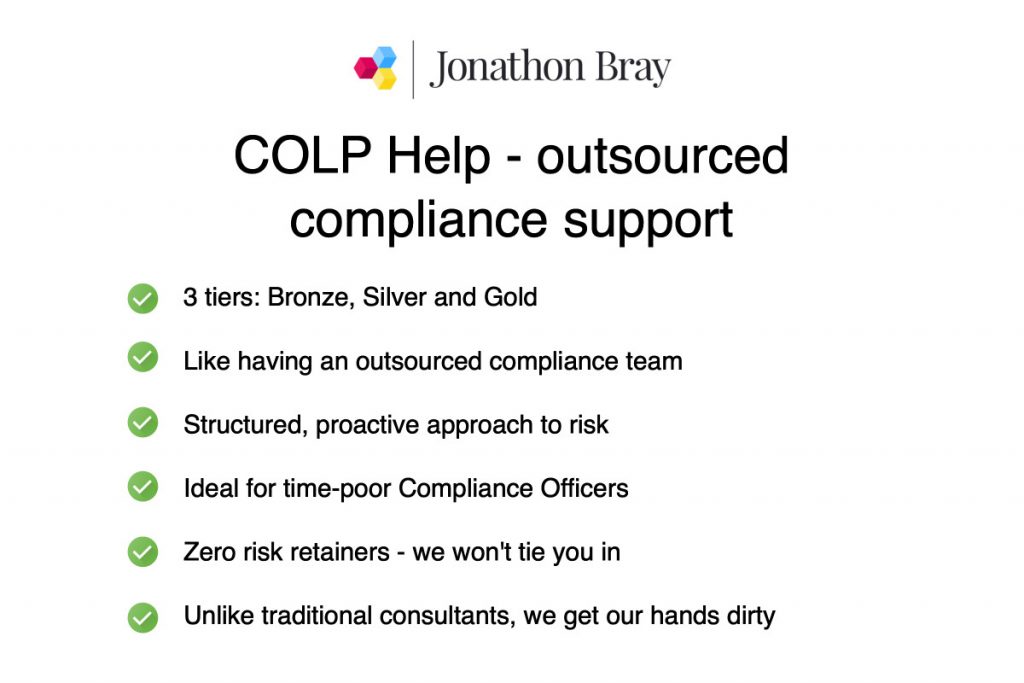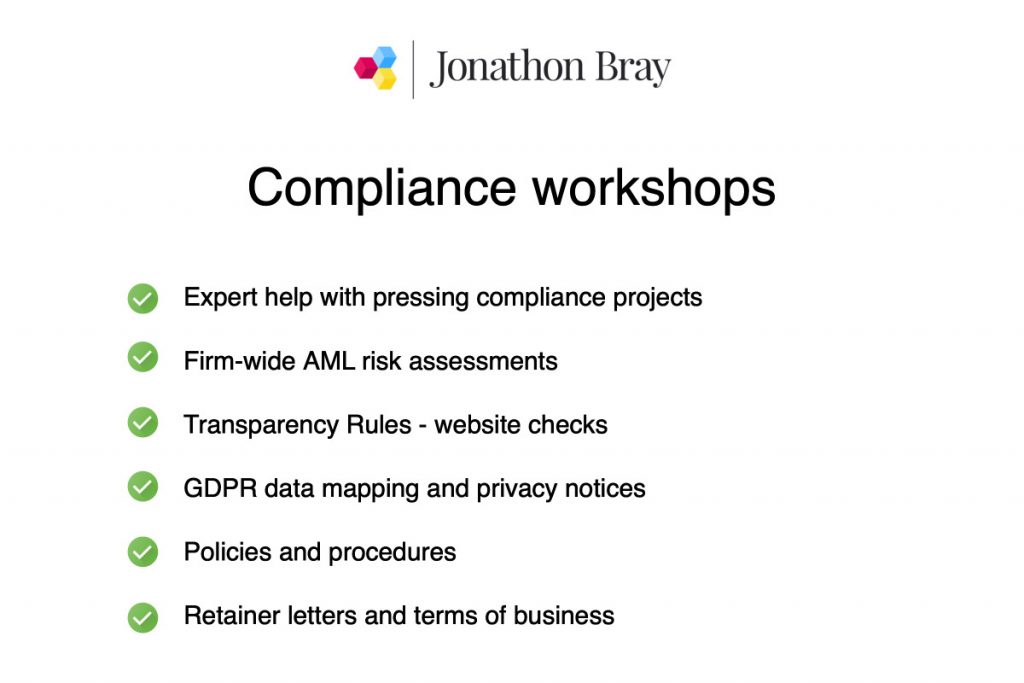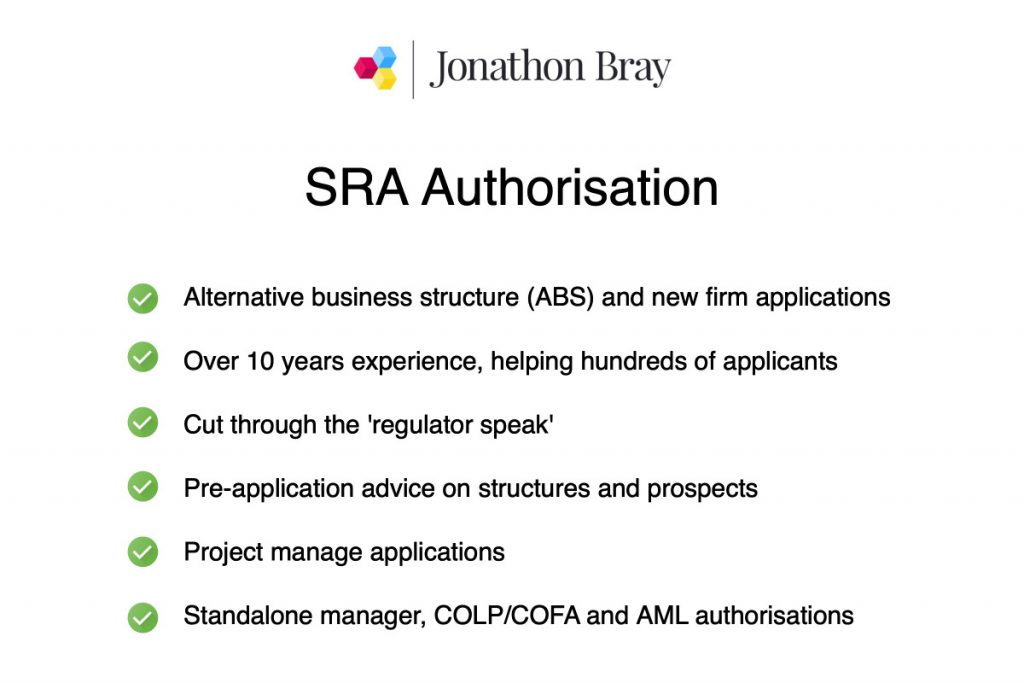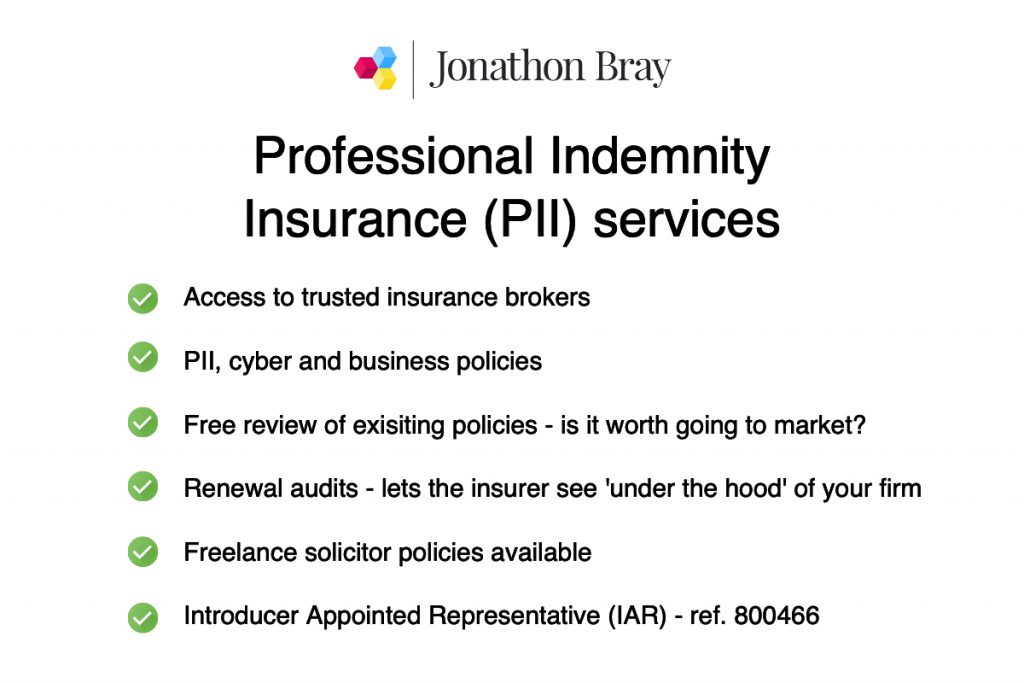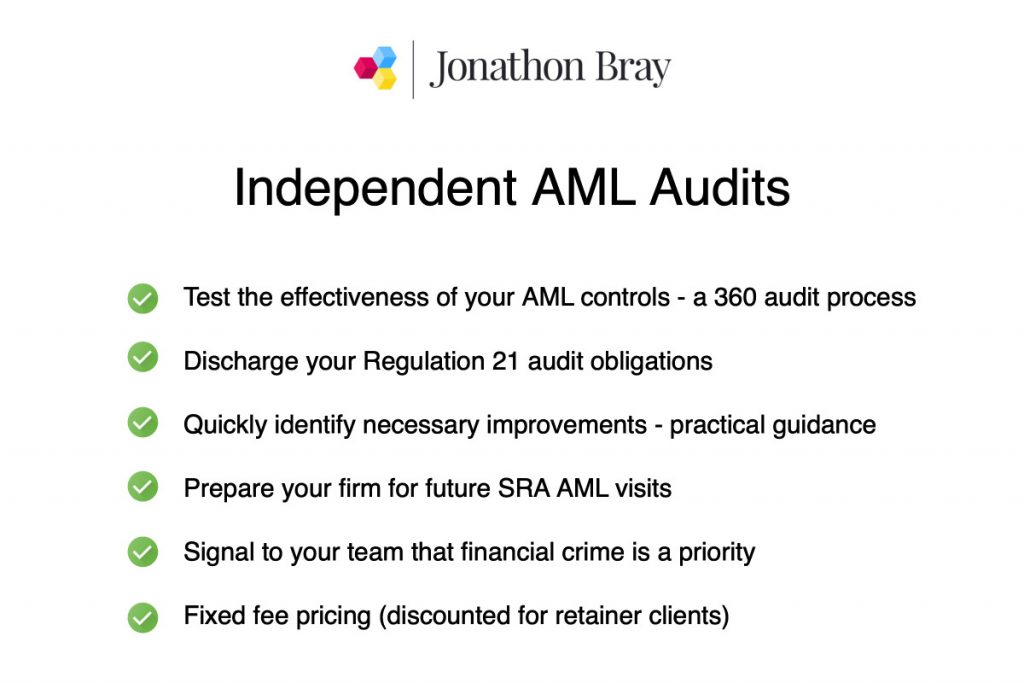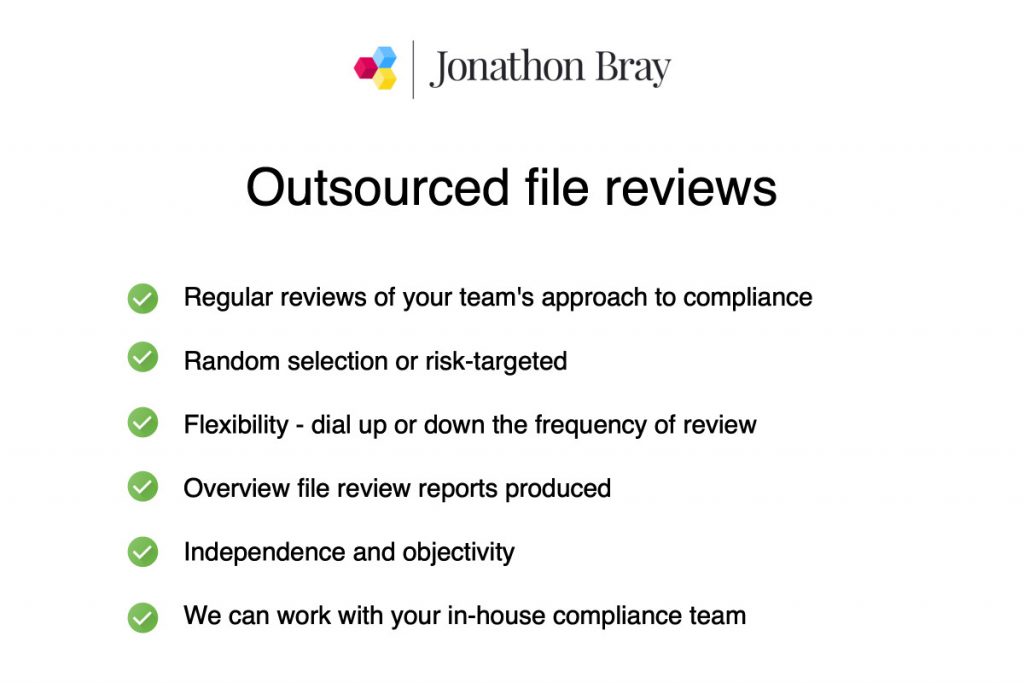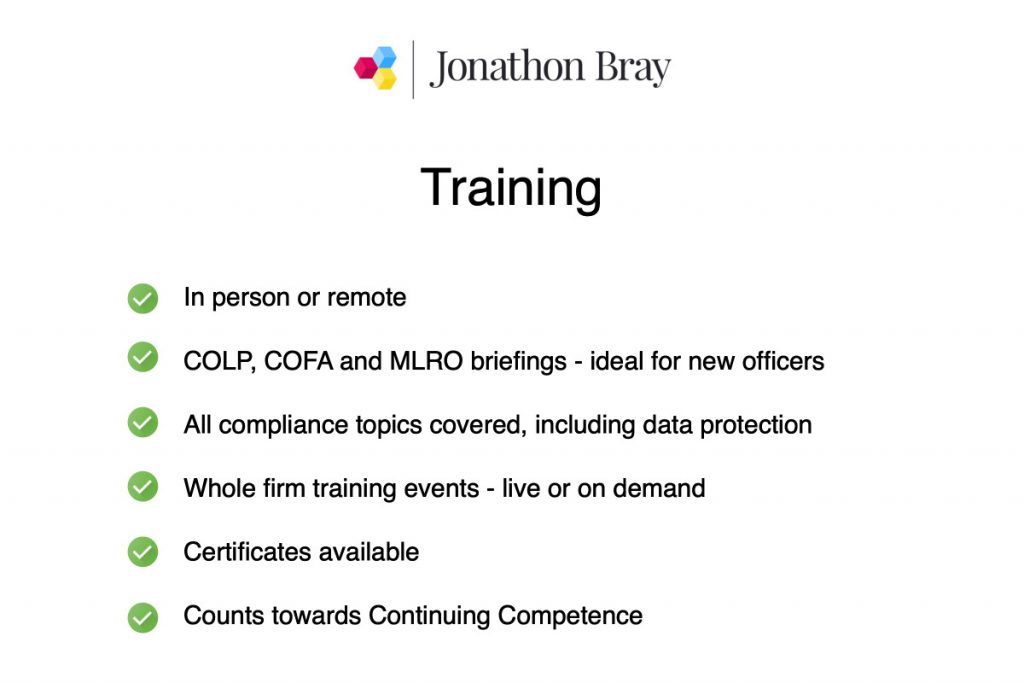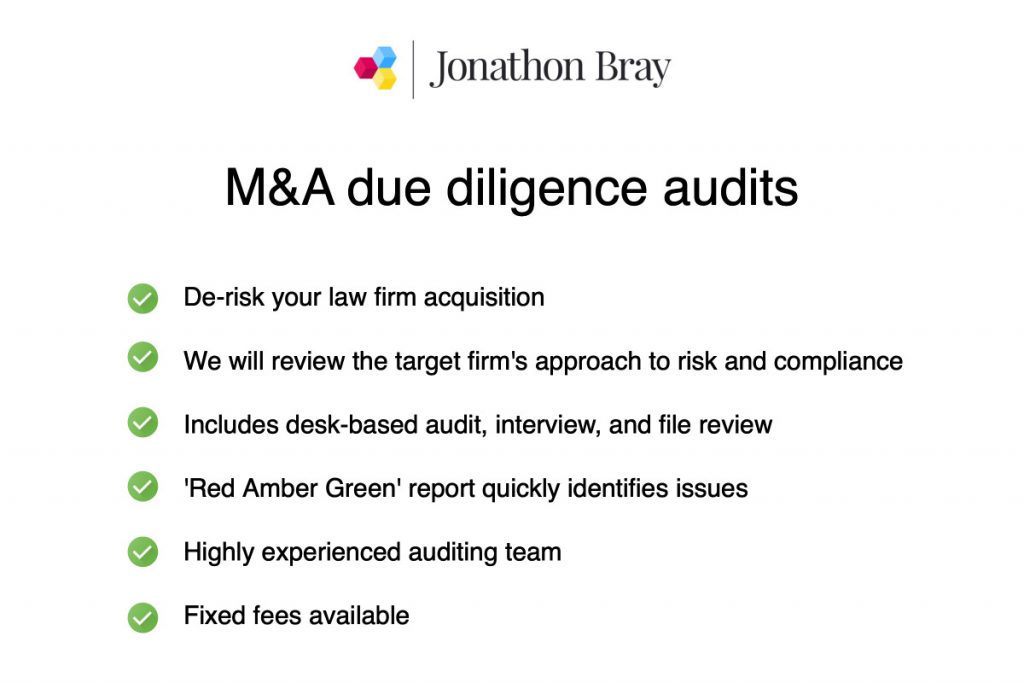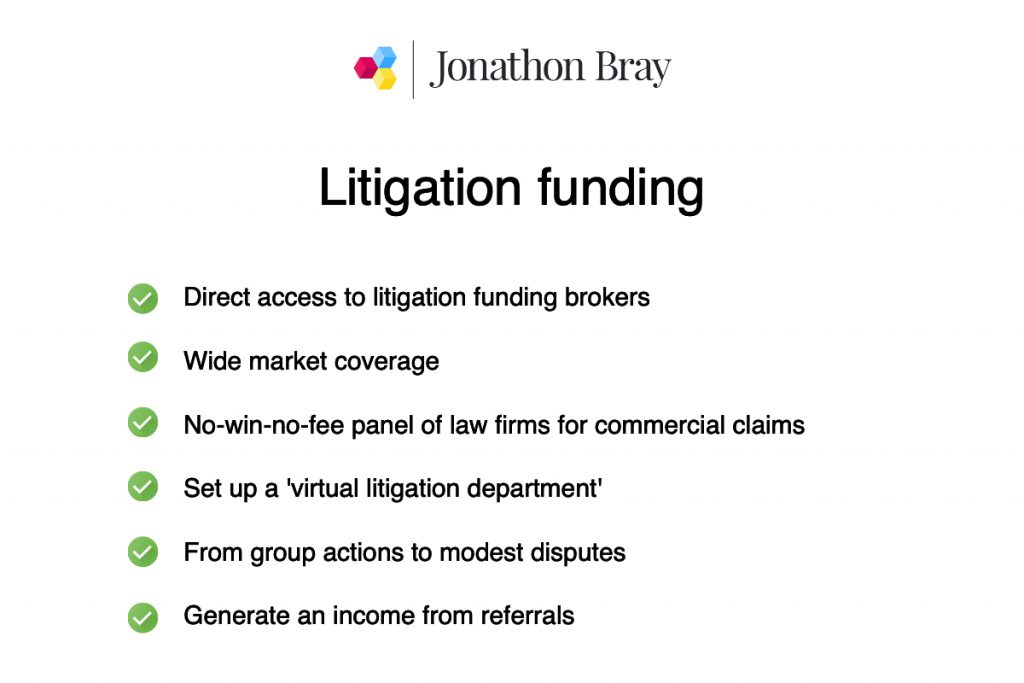Welcome to the latest edition of the COLP Insider, your go-to newsletter for all things related to SRA compliance. In this issue we delve into a range of crucial topics that are shaping our profession. From the significant AML compliance fines faced by prominent law firms to the evolving role of MLROs, we’re covering the key issues that matter to you.
Plus, don’t miss our insights on the SRA Accounts Rules and the essential regulatory updates for COLPs. And as always, the recent disciplinary decisions are proof of why compliance is so important.
Stay informed, stay compliant, and join us in navigating the complexities of SRA regulations and their practical implications in the legal sector.
Jon and the Team
Half-million pound lesson: Clyde & Co’s AML failure and the SRA’s wake-up call to law firms
In a landmark decision that has reverberated through the legal sector, Clyde & Co, a prominent international law firm, was handed a staggering £500,000 fine by the Solicitors Disciplinary Tribunal (SDT) for significant anti-money laundering (AML) compliance failures.
This penalty underscores the growing rigour with which the Solicitors Regulation Authority (SRA) is enforcing AML regulations and highlights crucial lessons for law firms across the United Kingdom.
How to be an effective law firm MLRO in 2024
In 2024, the role of the Money Laundering Reporting Officer (MLRO) and Money Laundering Compliance Officer (MLCO) in SRA regulated law firms is increasingly pivotal.
The SRA is increasingly aggressive in its approach to fining law firms for AML breaches, and has recently been rewarded with unlimited fining powers by the government.
The MLRO is at the forefront of combating financial crimes, particularly money laundering, which is a significant concern in the legal sector. The responsibilities of an MLRO are complex and demanding, requiring a deep understanding of legal and regulatory frameworks, as well as the ability to implement effective anti-money laundering (AML).
Navigating the evolving landscape of client account management: Insights from our recent webinar on the SRA Accounts Rules
In the complex world of legal services, inadvertent breaches of the Solicitors Regulation Authority (SRA) Accounts Rules has become an increasing concern. In a recent webinar, Scott Newby, Director of Compliance and MLRO at Shieldpay, and Ed Boal, Head of Legal at Shieldpay, spoke to Jonathon Bray and Rachael Eyre of Jonathon Bray, SRA compliance consultancy, to delve into the evolving landscape of client account management for law firms, highlighting the growing threats and the need for proactive measures.
The webinar recording is currently available on-demand – see below.
Read the full webinar write up
ICYMI: How to be a COLP in 2024
The Compliance Officer for Legal Practice (COLP) plays a crucial role in ensuring that their firm complies with the rules set by the Solicitors Regulation Authority (SRA) and other regulations applicable to law firms. Their responsibilities include overseeing compliance frameworks, managing risks, ensuring ethical conduct, and maintaining high standards of practice.
As regulatory frameworks become more complex, regulators get ever-bolder and technology evolves, the COLP is an increasingly pivotal role. It is certainly not to be taken lightly.
(See also 10 Things You Must Do as COLP.)
ICYMI: Case of note: Solicitor fined for misunderstanding SRA rules
The recent case of solicitor Jane Thirza Moir (JTM) serves as a timely reminder of the importance of staying up to date with regulatory changes. Although it only resulted in a relatively small fine, the case is relevant to anyone who did not fully engage with the SRA rule changes back in 2019.
News and Guidance

SRA Updates
- SRA conducting thematic review on professional obligations – Solicitors have been selected at random to take part in the SRA’s latest thematic review. Those selected have received an email, and have until 5th February to complete a mandatory survey. The questions examine your relationship with the regulator and how you adhere to professional obligations.
- Reporting cybercrime incidents – Law firms are reminded to report cyberattacks promptly, especially those significantly impacting client services or involving serious breaches of professional rules. The SRA emphasises the importance of reporting significant or novel attacks, even if they were unsuccessful, to help understand new and developing risks. Firms are advised to have business continuity plans and to consider the government-backed Cyber Essentials accreditation.
Law Society Updates
- Q&A: Can I advise on matters after my PII expires? – This guidance on advising matters after professional indemnity insurance (PII) expires explains that a sole practitioner facing difficulties in renewing PII can still practice for a limited time. The insurer must provide up to 90 days of further cover, divided into a 30-day Extended Indemnity Period (EIP) to practice as normal while seeking insurance, and a 60-day Cessation Period (CP) where new instructions are not allowed and the focus is on closing the practice. If insurance isn’t renewed by the end of the CP, the practice must cease and six years of run-off cover begins, with costs typically 2.5 to 3 times the last premium.
- Business management: Key trends shaping the future for lawyers in 2024 – This article highlights the transformative impact of technology and evolving consumer demands on the legal profession. It covers several critical areas, including finance optimisation, process optimisation, technological advancements, operations, and customer experience. The piece emphasizes the increasing role of artificial intelligence (AI) in law, discussing its influence on efficiency, decision-making, and client services. It also addresses challenges like payment collections, cash flow management, and the reluctance of some lawyers to fully embrace AI.
- Annual risk and compliance conference 2024 – Tickets now available for the Law Society’s annual regulatory conference, being held online and in person on 21 March 2024.
Other Updates
- ICO: Crown Prosecution Service – CPS issued with enforcement notice for supplying unencrypted USB device to unauthorised third party.
- LSCP: Legal Services Consumer Panel open letter to CMA – The letter from the Legal Services Consumer Panel (LSCP) to the Competition and Markets Authority (CMA) discusses the slow progress in implementing quality indicators in the legal services market. It references the CMA’s 2016 study and subsequent follow-up in 2020, which identified the need for such indicators to reduce information asymmetry and enhance consumer decision-making. Despite some progress in areas like price transparency, the letter expresses disappointment over the limited advancement in quality indicators since 2016. The LSCP suggests several potential quality indicators and urges more proactive measures from regulatory bodies to improve consumer information in the legal sector.
- Legal Ombudsman (LeO) address change – Note that the LeO has a new correspondence address from 22 January 2024.
Compliance corner – real life Q&As

Can we limit our contractual liability to clients to the amount of fees we charge?
Although this is a relatively common practice in other professional services, notably accountancy and business consulting, regulated law firms do not have the same flexibility to limit their liability.
Under SRA rules, solicitors in England and Wales are generally required to have a minimum level of professional indemnity insurance (PII) cover. This minimum is set at £2-3 million for most regulated firms, depending on their business structure. Solicitors are not allowed to limit their liability below the minimum level of PII cover required by the SRA.
Indeed, the level of insurance may need to be more than £3 million in any given matter – PII cover must be ‘adequate and appropriate’ for the insurance risk faced by the firm, and to protect the client. What is ‘adequate and appropriate’ may change over time, so must be kept under review – particularly at renewal time.
A firm may limit its liability above the minimum cover, provided that it remains adequate and appropriate.
The insurance position needs to protect the client’s position and be communicated to the client in a way that they understand.
For more information, see the SRA guidance on adequate and appropriate indemnity insurance.
Free webinars and recordings

Next session: Looking back, looking forward – our annual roundup of the main compliance issues of 2023 and what to look out for in 2024
2023 was certainly an eventful year! World events have continued to have a very real impact on the world of risk and compliance in the legal sector, and the pace of change at times has been exhausting. The regulators were also rather busy tweaking guidance, ramping up their issuing of fines for failure to comply with rules, not to mention dealing with the fall out of Axiom Ince.
And lawyers are still expected to keep on top of everything …….
But don’t panic! This session will be a quick fire round-up of the essential updates of 2023, as well as a look forward to the likely hot topics of 2024 – forewarned is forearmed!
Key Objectives
– A re-cap on all the important compliance issues you should have paid attention to in 2023
– A look forward to the likely hot topics for 2024
And of course, we will be answering any burning questions you may have!
Where: Online
When: 24 January 2024, 12:00PM
Recording: Unraveling the latest SRA Accounts Rules changes, and identifying client money risks and opportunities
We were thrilled to collaborate with Shieldpay, industry pioneers in Third Party Managed Accounts, for an in-depth exploration of the evolving landscape of client account management.
What we covered:
1. In-depth Analysis of Current Risks: Understand the complexities and pitfalls in holding client money.
2. Emerging Opportunities: How to leverage the rules to your firm’s advantage.
3. Third Party Managed Accounts Explained: A comprehensive look into why this might be the strategic shift your practice needs.
4. SRA Updates & Cases 2023: Stay ahead with the latest SRA rule changes and landmark cases impacting solicitors. N.B. The SRA has now withdrawn its application to change the rules (News and Guidance, above).
Click here for the recording – use password DG=8*H&%
Training resource: On-demand webinar archive
Contact us for access to our extensive back catalogue of recorded webinars, available from just £49 + VAT. Topics include:
- Financial crime: LSAG, firm-wide risk assessments, client due diligence etc.
- Sanctions
- Use of client account as a banking facility
- Data protection
- Financial stability
- Conflicts and confidentiality
- SRA Transparency Rules
- Accounts Rules
- Employee Ownership Trusts (EOTs)
- Register of overseas entities
- Sexual misconduct and solicitors’ private lives
- Terrorist financing
- And more….
We also produce bespoke training webinars and live workshops for your team.
SRA and SDT disciplinary decisions

- Clyde & Co LLP – firm fined £500,000 for serious AML failures.
- Integra Solicitors Limited – firm fined £10,760 for having inadequate AML documentation in place.
- Richard Lionel Jones – personally fined £14,099.76 in his capacity as manager, COLP and MLCO for systemic AML failures at his firm.
- Peter Gaywood – Legal Executive rebuked for failing to ID client.
- TTS Legal Ltd – fined £23,216 for failing to check source of funds on three conveyancing transactions.
- (Tony) Kalwant Chauhan – fined £15,000 for acting in five suspicious property transactions, without doing proper AML due diligence.
- Gordon Herd – Scottish solicitor banned from the SRA-regulated profession (i.e. south of the border) for inappropriately touching a colleague.
- Malcolm & Co Solicitors – fined £986 for allowing the client account to be used as a banking facility.
- Paul Douglas Hills – partner struck off for keeping cash from clients (intended to be for fees) without accounting to the firm.
- Piers King – fined £10,000 following drink driving conviction. The level of fine was linked to the City lawyer’s income.
- David Gamlin – fined £1,500 following drink driving conviction.
- Trevor Munn – agrees to voluntarily leave the profession following a property transaction where undertakings were not fulfilled.
- Sundeep Kang – fined £10,000 for misleading the court about her regulated status.
- Hathaways The Law Firm Limited – fined £750 for not notifying the SRA of a change in compliance officer.
- Chester and Co and Ashley Winn Solicitors LLP – both fined £750 for failing to submit diversity data on time.
- Johnsons Solicitors Limited, Evans Harvey Limited, Adams Hetherington, Jury O’Shea LLP, Fadiga & Co LTD (Harding Mitchell Solicitors), Abbey Solicitors Limited – all slapped with automatic £750 fines for Transparency Rules failures.
What we do – contact us for a chat
